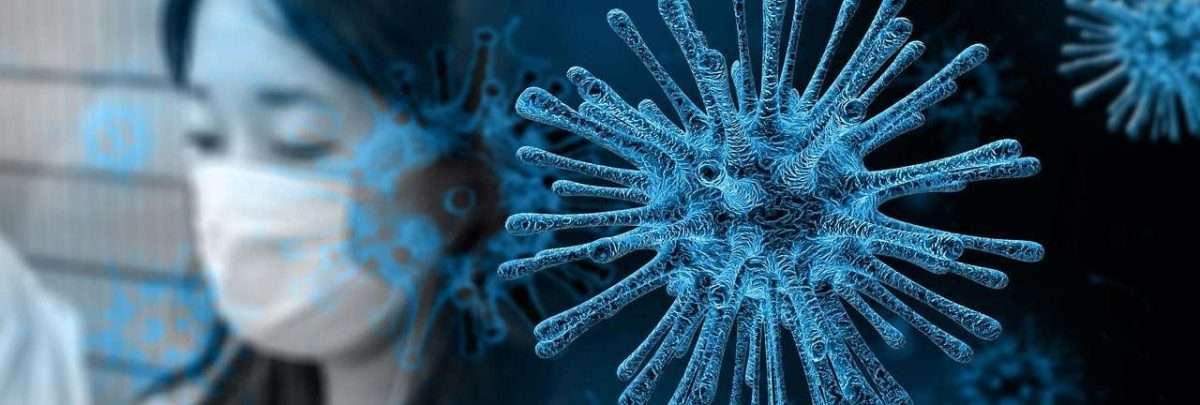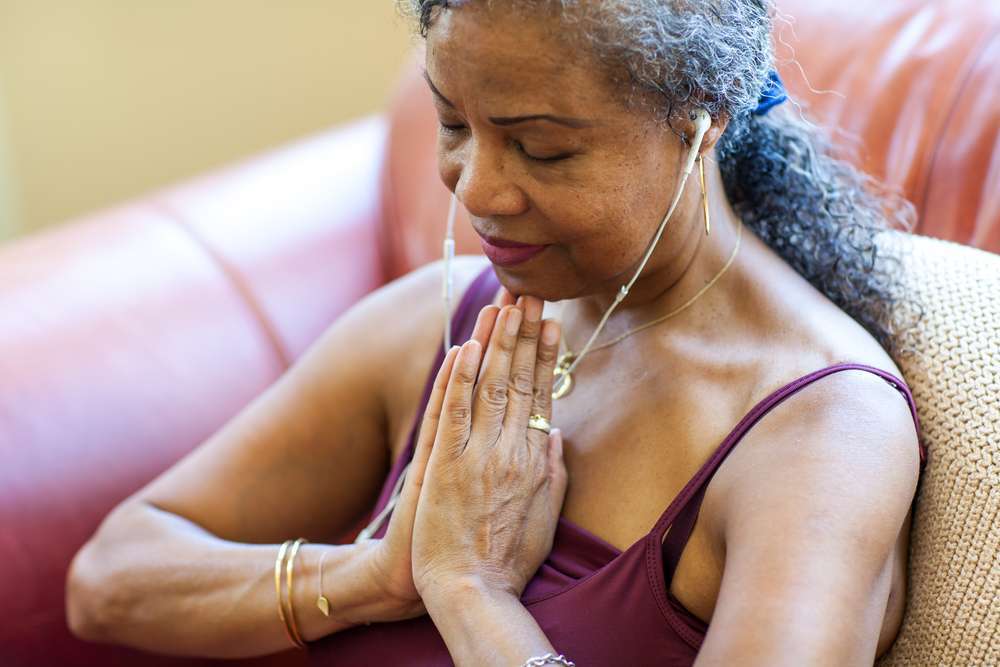In the midst of the coronavirus epidemic, the biggest factor that will affect your day-to-day life is limiting public interaction. You may need to work from home, might avoid visiting elderly relatives, limit public gatherings and if you have children you will need to look at home-schooling them should the schools close. If you have symptoms or have been in contact with someone who has the virus you will need to self-isolate. As a person in addiction recovery, this makes things complicated. After all, you need to attend frequent recovery fellowship meetings, especially in the first months after treatment.
Rehab Costs & Options for Alcohol | Drugs | Other addictions
While the coronavirus is something to be wary of, it does not have to affect your recovery. In addition to taking everyday precautions there are many things you can do to ease any anxiety you may be experiencing.
Peer-support meetings such as Alcoholics Anonymous, Narcotics Anonymous and Cocaine Anonymous can make small changes to improve hygiene and help prevent spreading the infection. Or if you need to self-isolate at home, you can access online AA meetings and teletherapy, to keep up with your treatment or continuing care plan.
The official guidelines around who needs to self-isolate and what kind of public gatherings are still permitted are changing daily so read the latest government advice.
Preventing Coronavirus Spread at Addiction Support Meetings
Alcoholics Anonymous, Narcotics Anonymous, Gamblers Anonymous and Cocaine Anonymous and other fellowship meetings
If you continue to attend peer-support meetings such as AA, there are extra steps you can take to prevent infection and to help attendees feel more comfortable in the environment. In addition to following basic hygiene practices, here are some suggestions on how to act:
Don’t Hold Hands
When greeting others or during the Serenity Prayer, you’re probably used to holding other people’s hands. For the moment, it is best to avoid this. Instead, suggest interlocking elbows with the group or create a circle by holding on to another object, or tap shoes with each other, to avoid physical contact.
Whether you follow this method or not, it’s still smart to use hand sanitiser or wash your hands afterwards as a precaution. Suggest that everyone do this to prevent hurting someone’s feelings.
Coughing
Instead of coughing into your hands, cough into the crook of your elbow so as to prevent spreading the virus to others.
Serve Food and Drinks Carefully
If you continue to serve food and drinks at the meetings, bring serving tools so that people do not physically touch any of the items. Ensure items have been prepared using gloves. Servers may want to wear gloves as an extra precaution. Wash your hands before eating.
Keep in Contact
Make sure you have everyone’s phone numbers and emails to keep them updated on any scheduling changes or updates. People can also use this to let others know when they will not be attending a meeting.
Come Up with a Plan B – Online AA Meetings
If you need to self-isolate or your peer-support group does not feel comfortable meeting in the future, come up with a plan to meet virtually or via a conference call. Some fellowships already implement this to improve access to those living in remote areas. You can also start your own group chat via text, WhatsApp, or Skype.
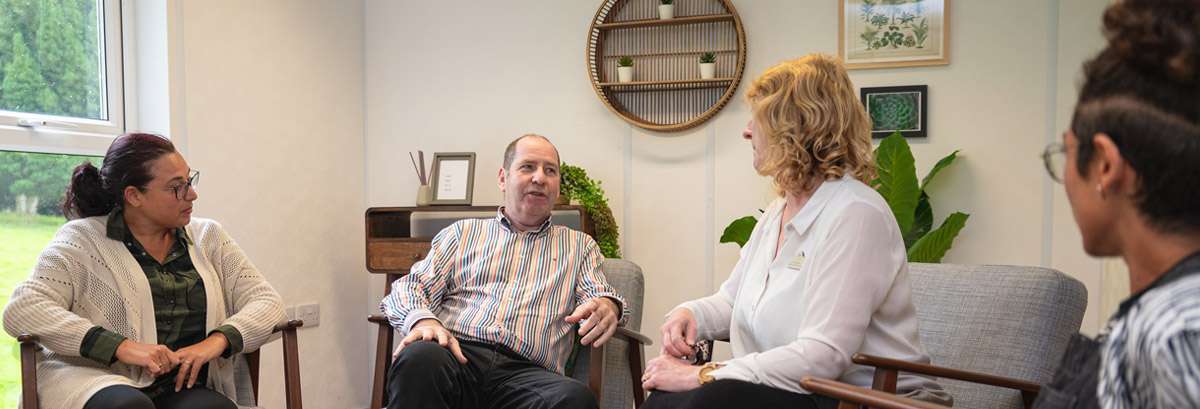
Online Addiction Recovery Support Meetings During the Coronavirus Epidemic
A strong network of addiction recovery support and is crucial in treatment and recovery, so it is necessary to keep attending some sort of meeting, even if it is online. If your regular group doesn’t organise one there are plenty of other options available online.
Finding Online Resources for Addiction Support
Intherooms.com is endorsed by the therapy team at Castle Craig. Intherooms.com is a free online platform offering over 130 live online recovery fellowship meetings per week, ranging from Alcoholics Anonymous to Cocaine Anonymous, Alanon to eating disorders anonymous to name but a few. Meetings are run by fellowship chairpersons who invite members to share among the group. Participants register for the site and can attend meetings anonymously or speak and be active.
Patients at Castle Craig will be making use of intherooms.com during the Coronavirus outbreak, as an alternative to visiting Edinburgh and other local towns for meetings in the evenings.
Both Alcoholics Anonymous and Narcotics Anonymous, as well as other fellowships, have online meetings, which can be found on their websites. These are usually done via Skype.
Helplines
Alcohol Change UK lists a number of resources for advice and virtual support. If you need help, you can contact free and confidential helplines such as Drinkline at 0300 123 1110 or the AA UK helpline at 0800 917 7650. In Wales, Dan 24/7 runs a round-the-clock support service at 01721 546 263.
Online Therapy
Another option is finding a private counsellor that offers video sessions. Online counselling has become very popular in the recent years and can help in such situations. Services such as BetterHelp can be useful when you are unable to reach out to others. If you are already in touch with a therapist, you can ask them to arrange an online or phone meeting with you as well.
Teletherapy at Castle Craig
Patients of Castle Craig can sign up for teletherapy as part of continuing care. Our teletherapy programme includes 10 private counselling sessions with one of our expert addiction therapists via webcam, and family sessions can be arranged as well.
Teletherapy is a useful tool in aftercare, even without the current coronavirus situation. Anyone can benefit from it as an accompaniment to their post-treatment plan. Its cost may also be covered by your medical insurance.
While it is not a substitute for peer-support meetings, it is an option if you are not able to find an alternative.

For more information about our Teletherapy packages please call us on 01721 546 263.
Coping with Coronavirus Anxiety and Stress in Isolation
The coronavirus epidemic can worsen your anxiety, especially if you cannot go to meetings or are worried about becoming sick. Should you be in self-isolation, this can also worsen feelings of loneliness and make it more difficult to deal with relapse triggers.
Overcome Boredom
Having hobbies is important in recovery but if you’re in self-isolation, you may be limited to what you can do. Try to find something interesting to occupy you time that you can do alone and/or indoors. Worst case scenario, this may be a good time to catch up your reading or watch a few films you’ve missed.
Journal writing or v-logging is always a good idea and doubles as therapy. If you feel comfortable with social media, you can even post it online and maybe connect with others in similar situations.
Avoid Loneliness
Being alone, especially in such a stressful time, can raise the risk of relapse. Social support is important even if you’re not in self-isolation, but even more so if you are limited to human contact.
Make sure to stay in touch with your friends or family as much as possible, even if it’s just to exchange a few messages. This is another reason why online support groups are more important than ever. You can also join online forums or chat rooms.
If you ever feel uncomfortable after spending time alone, try having some music in the background or keep the TV on. However, if the coronavirus is causing you distress, avoid watching the news as it can be triggering.
Create Comfort
Since you’re spending a lot of time in one space, you should make it as comfortable as possible. Cleaning up and organising should be your first step. Having a neat environment is better for concentration and mental well-being. In addition, try to decorate if possible. At least, add a few relaxing details such as candles.
Self-Care
Self-care is just as important now as ever. Make sure you continue to eat well and exercise. There are plenty of things you can do indoors, such as yoga or Zumba. You can find plenty of fitness videos on YouTube that don’t involve any extra equipment.
Meditation and relaxation techniques should be practiced daily, especially if you have anxiety. You’ve probably already learned a few methods in addiction treatment, but you can also find resources and videos online. There are plenty of apps, such as Calm, available as well if you have a smartphone or tablet.
Don’t watch infection rates – watch recovery rates!
If you find yourself compulsively watching rates of deaths and infection, instead try to focus on the more positive recovery rates figures found on the John Hopkins CSSE. Thousands of people are recovering from the coronavirus around the world every day. The recovery rate may be even higher than this as many people who have very mild symptoms are not being tested and confirmed as cases.
Keep Calm and Carry On
With or without the coronavirus, there will always be circumstances that make your recovery journey more difficult. In these moments, you have to remind yourself how far you’ve come and that you can keep going.
As of right now, there is no need to stop attending meetings or socialising with friends, as long as you take the necessary preventative measures. However, if you are highly anxious about the situation, take the necessary steps to make yourself feel better. If this means self-isolating, this does not have to mean you’ll be alone.
Whatever you do, maintain contact with your friends and family, and continue attending meetings, even if virtually. Ask your support group or therapist about what you can do to ease anxiety. Patients of Castle Craig can always call our helpline at 01721 546 263 for advice and support.
What Is the Coronavirus?
COVID-19, also called the coronavirus, is a flu-like illness that affects your lungs and respiratory system. It is just one type of coronavirus, a category which actually describes a large group of viruses. This category includes the common cold, as well as SARS (severe acute respiratory syndrome) and MERS (Middle East respiratory syndrome).
It has similar symptoms to the flu, which include:
- Fever
- Cough
- Breathing difficulties
- Muscle aches and pain
Like the cold and the flu, coronavirus doesn’t have a directly curative treatment. If sick, you may be given medication to ease symptoms while you rest and wait for your immune system to fight the virus.
Complications can arise if the virus spreads to your lungs, in which case additional medical treatment, such as oxygen provision, may be necessary. However, this is relatively rare, mostly affecting the elderly and those with underlying medical conditions, and still possible to recover from.
Should I Be Worried About the Coronavirus?
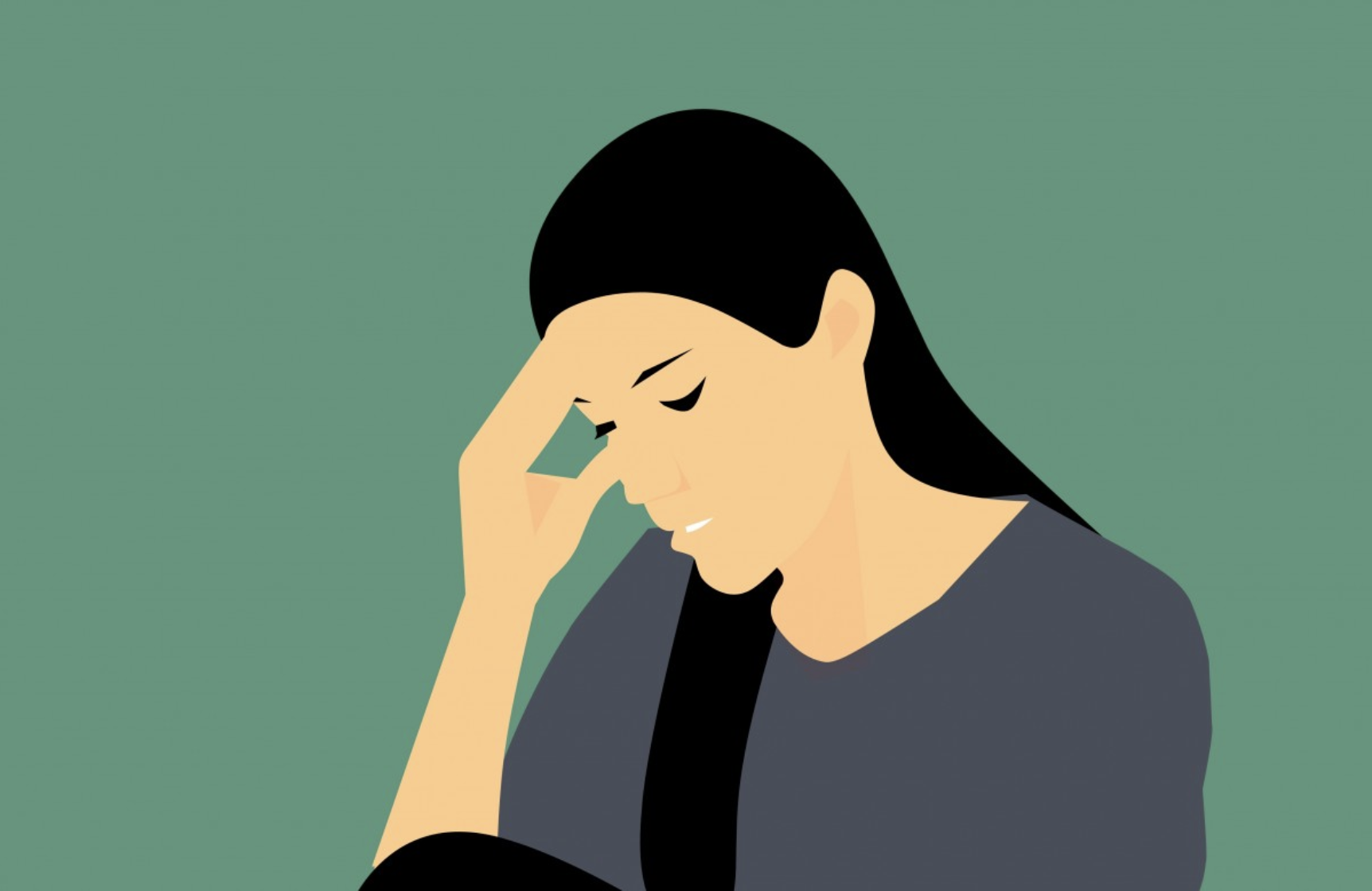
The coronavirus, or COVID-19, is dominating the news right now, and is increasingly becoming an issue in the UK. As a result, it’s causing a lot of worry and anxiety for many people. However, it is not something to panic over.
Although it’s widely talked about in the media, it is important to take statistics rationally. Globally, there have been almost 120,000 cases, more than half of which have already recovered.
Primarily, the virus seems to be more dangerous for the older population (60+) and people with underlying medical conditions, especially respiratory problems or lowered immune systems.
Unless you fall into that category, it is at present safe to continue going to work, support meetings, and public places (although online work and meetings are safer). At the same time, it is necessary to be extra cautious with hygiene practices, to prevent the further spread of the virus.
How to Prevent the Coronavirus at AA and NA Meetings
Even if you do not fall into the high-risk category, it is important to remember that others may do so. The coronavirus spreads easily and a person can infect others even if they do not show any symptoms. Hence, always take the necessary steps to prevent others from becoming sick.
As peer-support meetings involve people gathering in groups in a closed space, make sure everyone who attends knows what to do and what not to do.
Practice Proper Hygiene
The virus is believed to be spread by contact with respiratory droplets (e.g. from sneezing or coughing). Therefore, the best thing to do is to practice basic hygiene techniques, such as:
- Washing hands often and after being in any public location. Do this for 20+ seconds with soap and water or use a hand sanitiser.
- Avoid touching your face, especially if hands are not clean
- Avoid contact with people who show any sickness symptoms
- If you sneeze or cough, do so into your elbow, not your hand
- If you are sick, stay at home and self-isolate if possible
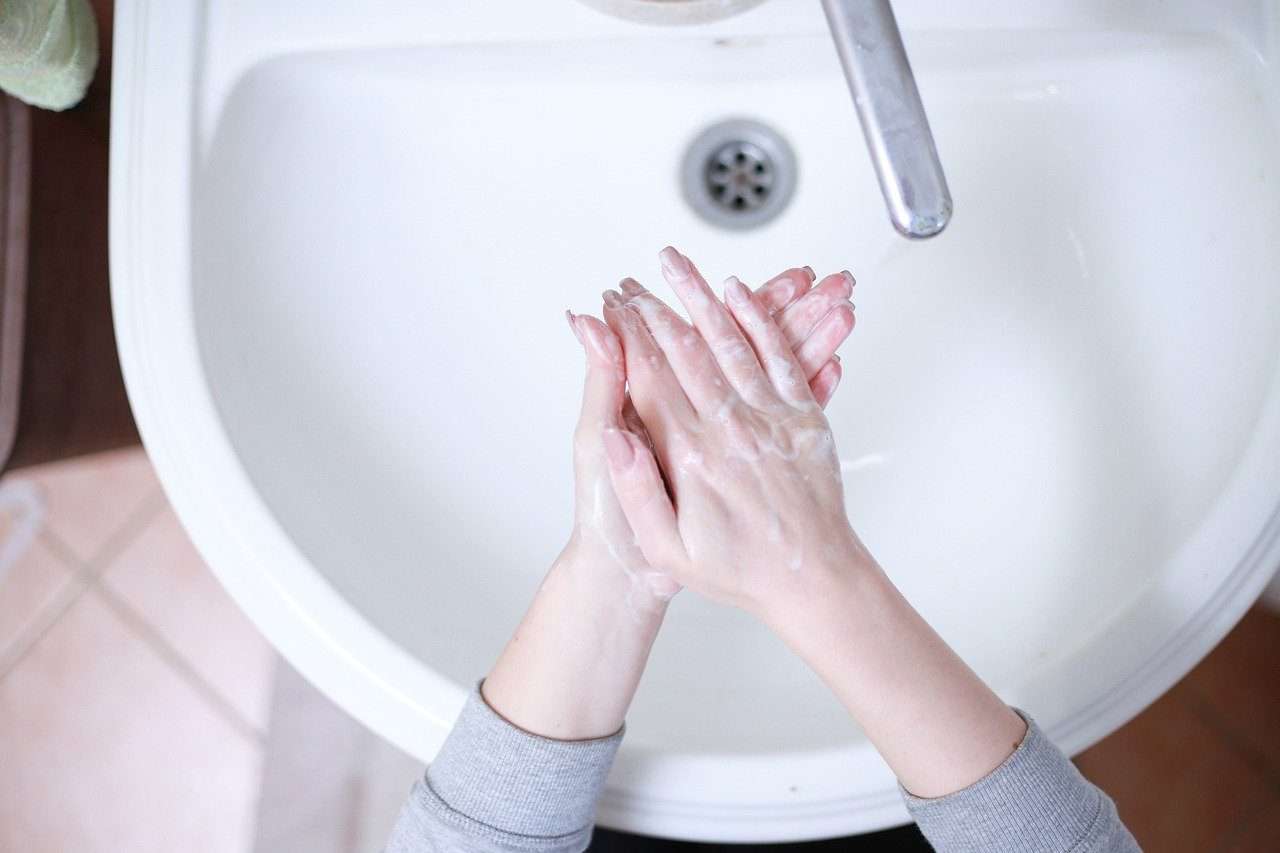
Washing hands may seem simple, but it is truly the best way of preventing illness. To do so correctly, use soap and water (it doesn’t have to be antibacterial as plain soap is naturally effective at killing germs). Scrub your hands for at least 20 seconds. If soap is unavailable, a 60%+ alcohol-based hand sanitiser also works well.
Also remember that after your face, the thing your hands touch most often is probably your phone, so give that a good regular clean too.
What Doesn’t Help
Face masks are relatively ineffective if you want to avoid getting sick. However, it is recommended for people who have any symptoms, even those of a simple cold, to wear one while in public. Of course, if you are sick, it is always best to stay home. Feel free to wear a mask at any time if it makes you more comfortable, but understand that this may cause others to be wary.
Antibiotics are also ineffective, as they don’t work on viruses. They will not work to prevent or treat the disease. Do not take antibiotics unless you were prescribed them for a different condition.
The Latest Information
Most importantly, if you suspect you are seriously sick, do not go to the A&E or the doctor. Instead, call the NHS on 111 for advice and instructions.
The advice keeps changing so for the most up-to-date advice on the coronavirus situation visit the NHS coronavirus page or read the latest government advice.
